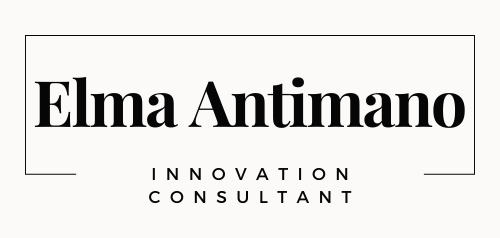Joining a master’s program and interacting with young professionals has inspired me to share wisdom from my more than two-decade career journey. One invaluable lesson a previous mentor shared is the art of managing your boss. This skill was brilliantly outlined in Jacques Horovitz’s “10 Rules to Manage Your Boss.” Despite being from 2005, its principles are incredibly relevant. I’m eager to share this knowledge to equip the new generation for their professional journeys.

The Importance of Managing Up:
The concept of “managing up” involves adapting to various management styles. I’ve worked with many managers (a term I prefer over ‘boss’), each with their own unique approach. Some were highly respected, others not as much. The key was learning to work with each other effectively for mutual benefit. It’s about understanding and aligning with each manager’s style to create a positive and productive working relationship.
Image created by author via DALL-E
My Adapted Insights on Horovitz’s 10 Rules:
- Assist in Decision Making: Provide your manager with detailed insights and data, making it easier for them to make well-informed decisions. The more comprehensive the information, the fewer questions they’ll have, streamlining their decision-making process. If you want to get fewer “no’s,” this approach is the best way to go.
- Manage Time Wisely: Your manager likely juggles multiple responsibilities. Valuing their time is crucial. Streamline your interactions and meetings, focusing on clarity and efficiency. Always go into meetings with a clear agenda: Are you informing, seeking a decision, or needing approval? This approach respects their schedule and ensures productive meetings.
- Handle Opinions Carefully: Recognize that managers will have their own opinions. Clarify whether you’re seeking their opinion or needing your idea’s approval. If there’s a difference in views, present your perspective respectfully and diplomatically. While it’s important to express your ideas and ensure they’re understood, also respect the manager’s role in making the final decision for the team.
- Share Information Effectively: Keeping your manager in the loop with clear and relevant updates is essential. I stand by my communication rule of thumb: It’s better to share more rather than miss out on conveying something vital. When I communicate upwards, I focus on the quality, timeliness, and appropriate frequency of information, not just volume.
- Solve Problems Proactively: Horovitz is spot-on:” Don’t just come with problems; come also with solutions.” When you spot a challenge, come prepared with multiple solution options. Offering choices shows you’ve thought the problem through and are proactive in addressing it.
- Manage Assumptions: Ensure that assumptions are checked and clarified. Misunderstandings can derail projects, so communicate to confirm that everyone’s expectations align.
- Tactics for Delegation: Understand what’s expected from delegated tasks. Efficient task management aligns with overall goals. When necessary, ‘delegate up’ strategically, not as an escape from responsibility but to maintain work quality and balance.
- Keep Promises: Build a reputation for reliability by consistently meeting your commitments. This practice cements trust with your team and managers. Embrace the principle of ‘Underpromise and Overdeliver‘ to manage expectations skillfully.
- Navigate Cultural Differences: Embrace and respect the differences that make us unique, extending beyond culture. Understanding and valuing diverse perspectives and management styles enriches team dynamics.
- Maintain Trust through Documentation: Effective documentation is critical. Record decisions and actions accurately, creating an apparent reference that promotes transparency and trust. These records are essential for maintaining accountability in your professional dealings.
Adopting these strategies eases your professional journey and marks you as an effective, adaptable, and successful professional. It’s about building a harmonious and productive relationship with your manager and fostering career growth and satisfaction.
Are you ready to elevate your professional relationships? Start applying these strategies today and observe the transformation in your work dynamics. Share your experiences or thoughts in the comments below, or reach out for a discussion. Let’s grow together in mastering the art of managing up!




